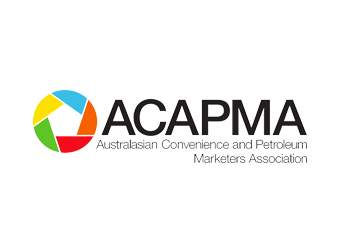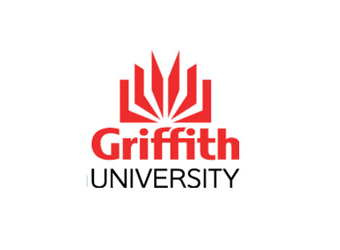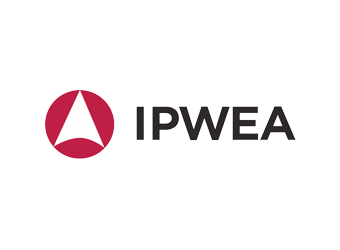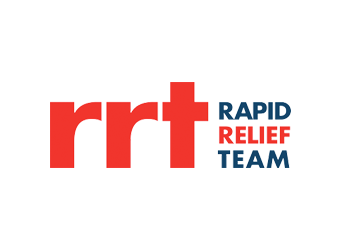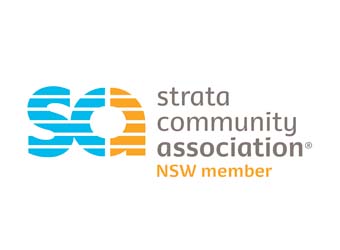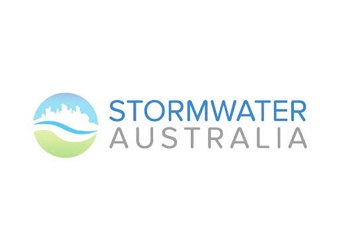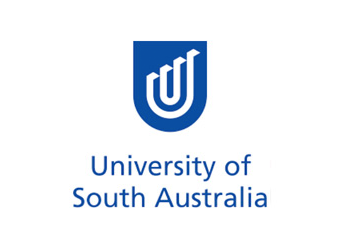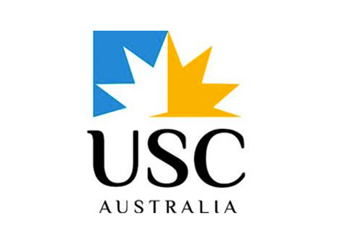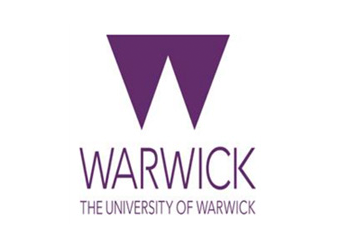With the world consuming 139 million tonnes of single-use plastics in 2019, our increasing plastic footprint has prompted local changes that seek to phase out single-use products. The challenge of curbing plastic use has been a progressive one. A large milestone was achieved in 2018, with single-use plastic bags eliminated from supply at Australia’s largest supermarket chains.
Subsequent developments have seen plastic straws, utensils, and takeaway packaging as key areas for change. The introduction of government guidelines, and community-wide bans, has seen a changing status quo for the use of single-use plastics.
There are current plans to ban many categories of single-use plastics across all Australian states and territories – particularly in the retail, hospitality, and consumer trade sectors. However, widespread support is needed to hit wider reduction targets – and to lower our environmental footprint in other industries.
Our relationship with these products is much deeper than our favourite takeaway. Many modern products contain these troublesome petrochemical compounds, and there is an ever-growing array of plastic that finds its way into our homes, supermarket shelves, and workplaces.
Unfortunately, many single-use plastics still fall outside our current bans and guidelines. Key advocacy groups are asking us to consider strengthening these frameworks as part of our criteria for sustainability and green outcomes.

Removing Plastic Pollution at the Source
SPEL Stormwater continually demonstrates its commitment to the removal of plastic from our waterways and oceans – from designing and implementing high-quality stormwater treatment devices to our support of local clean-up events & sponsorship of Stormwater Shepherds.
Treating stormwater with devices such as Gross Pollutant Traps (GPTs) can help stop the flow of plastics from our urban catchments to our waterways. Capturing these pollutants in our catchments stops their conveyance downstream – but these preventative tools need to be supported by community education and government policy.
Together, we need to choose ecofriendly alternatives and seek other options for single-use plastics. Environmentally friendly alternatives exist – and we can all try to incorporate biodegradable, recyclable, or natural alternatives into our daily lives.
Preserving Joy In Water for future generations is part of our responsibility to sustainably manage our waterways, and widespread awareness is the key to change. As a building block, Australia’s single-use plastic bans are a step in the right direction. Together we need to ensure their consistent adoption and continue to reduce our reliance on these materials.






